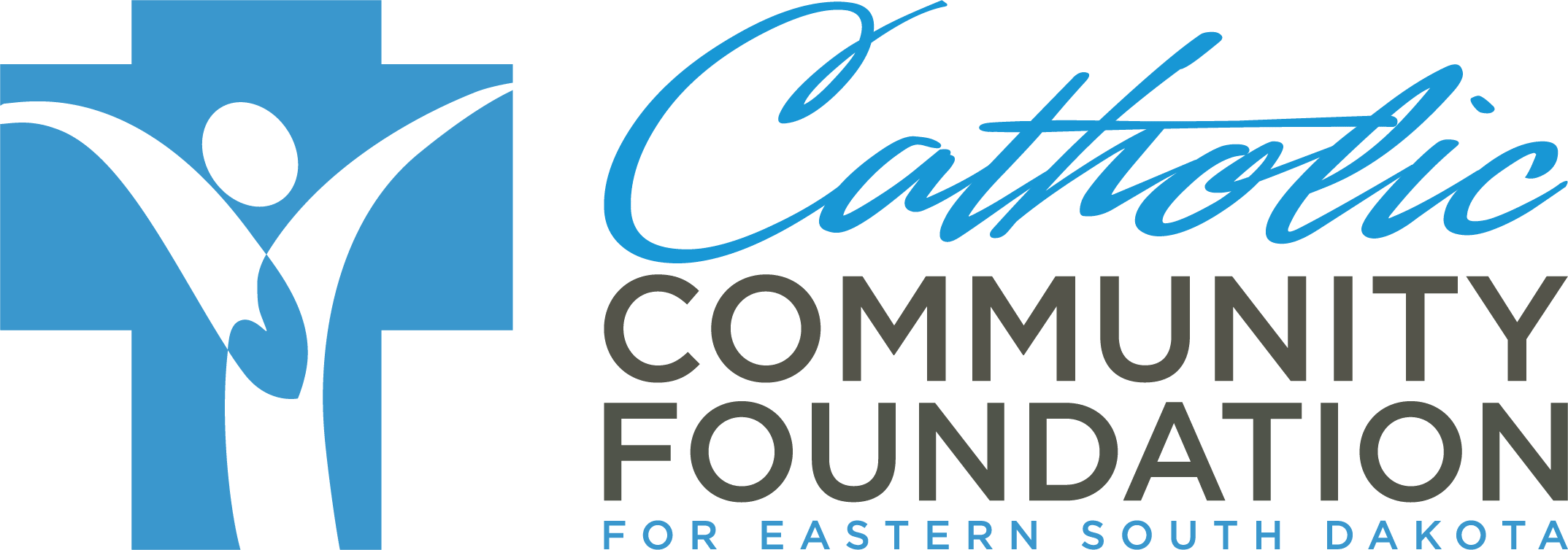Recent Posts
Categories
Share This Post
Regardless of the questions or their difficulty- ‘can I withdraw medically assisted nutrition and hydration without causing or hastening death?’ or ‘how can I best accompany my loved one as she/he transitions into eternal life?’- the Catholic Church offers beautiful wisdom; wisdom that has even been absorbed (in part) into federal and state law. This new portion of our newsletter will be dedicated to applying that wisdom and the principles of an ‘ethics of care’ to provide a guide for authentic Catholic planning for end of life.
In the fields of our professions, our faith and our everyday life, we adhere to certain general principles which come together to form an ethical process that guides our decision-making and our actions. Sometimes these processes remain personal. Sometimes they are developed for public use, taught in schools, adhered to by institutions, and incorporated into our laws. The Church has recently developed such a process for end of life care- an “Ethics of Care,” which gathers together general principles that “reaffirm the message of the Gospel,” “recall the mission of all who come in contact with the sick” (as well as the mission of the sick themselves), and “provide precise and concrete pastoral guidelines to deal with complex situations and to handle them in a way that fosters the patient’s personal encounter with the merciful love of God.”[1]
The Ethics of Care is based on what I dub the ‘patron parable’ of end of life care, the parable of the Good Samaritan.[2] It begins by calling us to be Good Samaritans; to be “faithful witness[es] of the divine, salvific presence in the world.” But how do we answer this call in a concrete way? How do we translate it into a “readiness to accompany a suffering person [even] in the terminal stages of life in this world, and to offer this assistance in a way that respects and promotes the intrinsic human dignity of persons who are ill, their vocation to holiness, and thus the highest worth of their existence?” We need moral and practical clarification. We need the set of principles that make up the Ethics of Care.
The first principle is take responsibility for and invest in life. The Good Samaritan:
not only draws nearer to the man he finds half dead; he takes responsibility for him. He invests in him, not only with the funds he has on hand but also with funds he does not have and hopes to earn in Jericho: he promises to pay any additional costs upon his return. Likewise Christ invites us to trust in his invisible grace that prompts us to the generosity of supernatural charity, as we identify with everyone who is ill: “Amen, I say to you, whatever you did for one of these least brothers of mine, you did for me” (Mt 25:40). This affirmation expresses a moral truth of universal scope: we need then to ‘show care’ for all life and for the life of everyone and thus to reveal the original and unconditional love of God, the source of the meaning of all life.”[3]
Reflection: How can this first principle guide our decision making and our actions? Where do you take responsibility for life? Where can you reach out and do so more? How do you invest in and show care for life? We are invited to trust in Christ’s invisible grace and be prompted to a generosity of supernatural charity not just with what we have today but with what we will earn tomorrow. How can you trust in Christ’s invisible grace at a deeper level? Do you allow yourself to be prompted to a generosity of supernatural charity? Have you invested in someone (or some cause) lately? If not… pray for grace, allow yourself to be prompted to generosity, and reach out in some way and take responsibility for and invest in life.
[1] The principles are taken from Samaritanus Bonus, a Letter from the Congregation for the Doctrine of the Faith, which I highly recommend reading (found here: https://www.vatican.va/roman_curia/congregations/cfaith/documents/rc_con_cfaith_doc_20200714_samaritanus-bonus_en.html)
[2] If you haven’t read the parable of the Good Samaritan (Luke 10:25-37) lately, pause and do so here https://www.biblegateway.com/passage/?search=Luke+10%3A25-37&version=RSVCE ,
[3] Samaritanus Bonus, Part I. Care for Neighbor.


